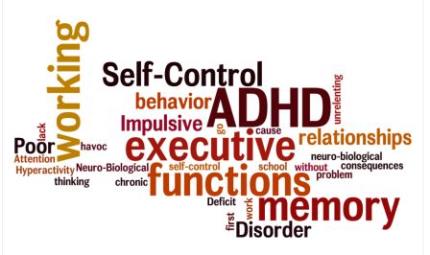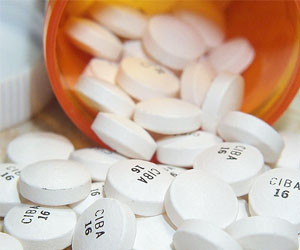Posts Tagged ‘ADHD-diagnosis’
Study: Fewer than 19% of ADHD treatment plans monitor treatment response according to guidelines
What did they find (at a recent study, published in the journal Pediatrics, surveying community-based ADHD diagnoses and treatments)? For around 30 percent of children diagnosed with ADHD, the evidence that DSM criteria were met was missing. ADHD rating scales were collected from parents and teachers for only 56 percent of youth with an ADHD diagnosis.
Read More5 Reasons Why Parents of Children with ADHD Need to Become Proactive, Well-Informed Advocates
. Most children with ADHD receive their care from community-based pediatricians, so it is especially important for that care to be consistent with best-practice guidelines. Unfortunately, all too often it is not. The guidelines Here is a brief summary of some key ADHD guidelines published by the American Academy of Pediatrics
Read MoreUpdate: 40% of ADHD diagnoses, 70% of treatment plans, fall short of AAP guidelines
Time for SharpBrains’ December e‑newsletter, featuring a wide range of insights on brain health and innovation, and a deep analysis of this new study that found large gaps between research and practice in ADHD diagnosis and treatment. Did you know, for example, that over 40% of diagnoses, and over 70% of the treatment plans, fall short of…
Read MoreStudy: Use of methylphenidate-based ADHD medication increases the risk of heart problems
ADHD medication enhances the risk of heart problems in children (Science Nordic): “The risk of developing heart problems is twice as big for children taking medicine for Attention Deficit-Hyperactivity Disorder (ADHD) when compared to children not receiving the medicine…The study builds on data from 714,000 children
Read MoreNeurofeedback/ Quantitative EEG for ADHD diagnosis
Like all psychiatric disorders, ADHD is diagnosed based on the presence of particular behavioral symptoms that are judged to cause significant impairment in an individual’s functioning, and not on the results of a specific test. In fact, recently published ADHD evaluation guidelines from the American Academy of Pediatrics (AAP) explicitly state that no particular diagnostic…
Read More



